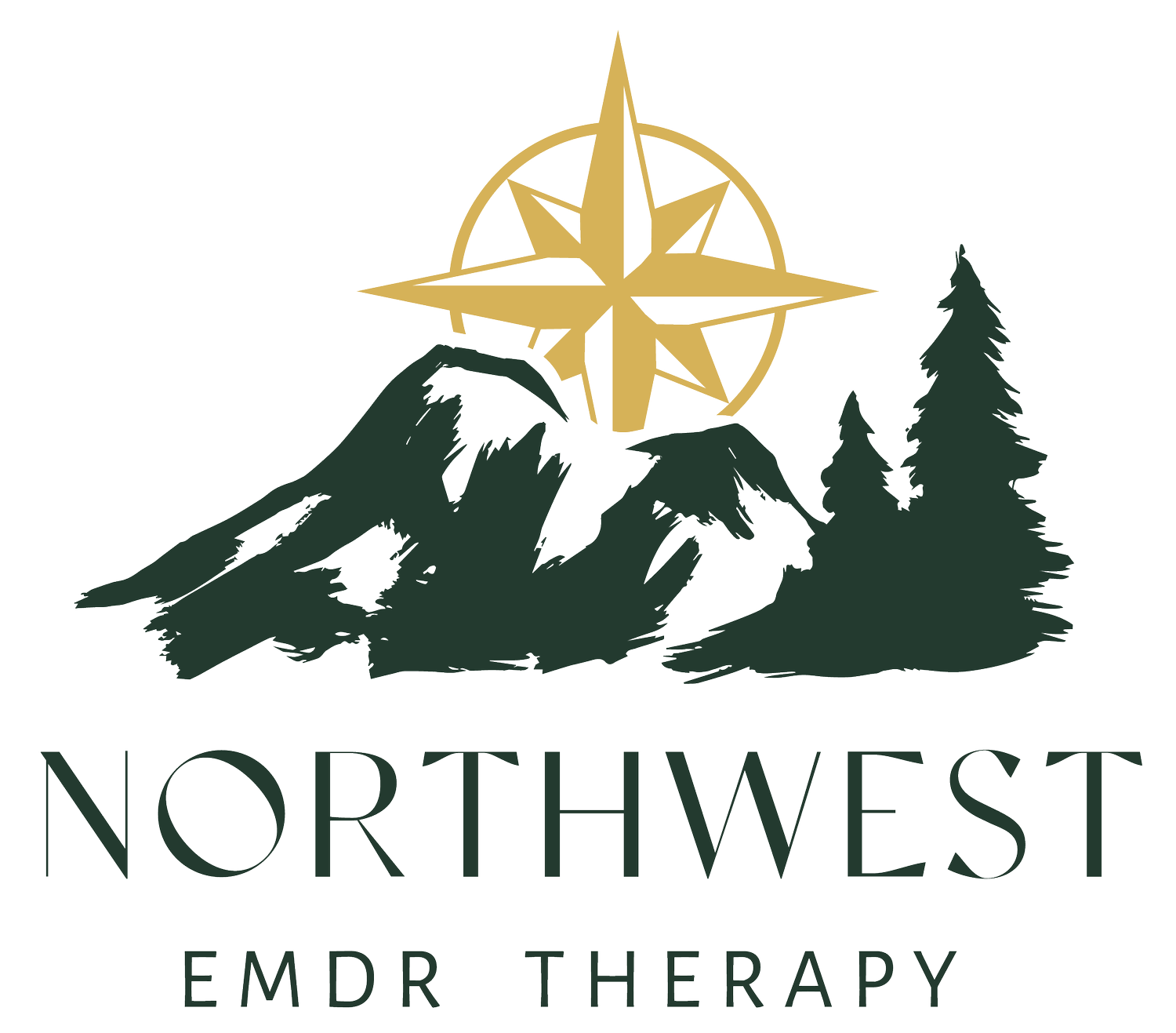Wanting to make a big change in your life, but struggling to take the leap? If you are looking for support with increasing your personal self-value, reducing your ambivalence, or making a big life change, motivational interviewing could be for you! Motivational interviewing takes into consideration the person-centered approach to counseling which is used to support people in making major life decisions, big changes, and building their confidence. Motivational interviewing uses the intrinsic motivation, the motivation we have internally that personally drives us, to support making those difficult transitions within our lives.
Motivational interviewing is used frequently when working through addictions, or physical health management. Motivational interviewing is often used in nutrition and fitness, but all of our physical health is connected to our mental health. If we are not fueling our bodies appropriately, then our mental health will struggle. This brings us back to the mind/body connection we have talked about before. Our mind and body are connected and work together, when one is struggling, the other will follow. It is important to take into consideration how your daily life choices impact your mental and physical health, and when you start to make positive changes with one, the other will begin to improve as well.
How does motivational interviewing work? The motivational interviewing process starts by identifying what you want to change, and why. The why is important because it takes into account your own personal motivation for wanting to change. If you are trying motivational interviewing in your counseling sessions, the counselor will play the role of supporting you to identify what you want/need to change and also will help you to dig deep into the real why behind the desire. The overall process of the motivational interviewing is to increase personal motivation for the person participating in the counseling, as well as making a personal commitment to making the change. Making the commitment to make a change, within the counseling session, will help to know that the counselor is going to work to hold you accountable. According to the research on motivational interviewing, the client/counselor relationship is the essence of the practice. Having the support of the counselor throughout the process will help to not only determine the what and the why, but the how, while also providing ongoing support throughout the changing process.

The spirit of the motivational interviewing techniques are a partnership between the counselor and the client. Also, something to look for in a counselor would be acceptance of your desires and your plans for action. Being supported is great, but being accepted in a non-judgmental environment is even more important! Building a team between yourself and the counselor is one of the most important tools to use throughout the process, as well as your own personal motivation. While intrinsic motivation is internal, and comes from your personal drive, it can also be supported by outside support, in this case your counselor. Finally, your counselor will help you to explore your motivation, personal values, strengths, areas to work on, and potential resources to incorporate into your daily life.
If you are considering making a big change in your life, working on your physical/mental health, working to quit an addiction, then motivational interviewing is right for you. Reach out to a mental health counselor today and ask some questions about how they can provide the best support for you! It is never too late to make a positive change in your life.
